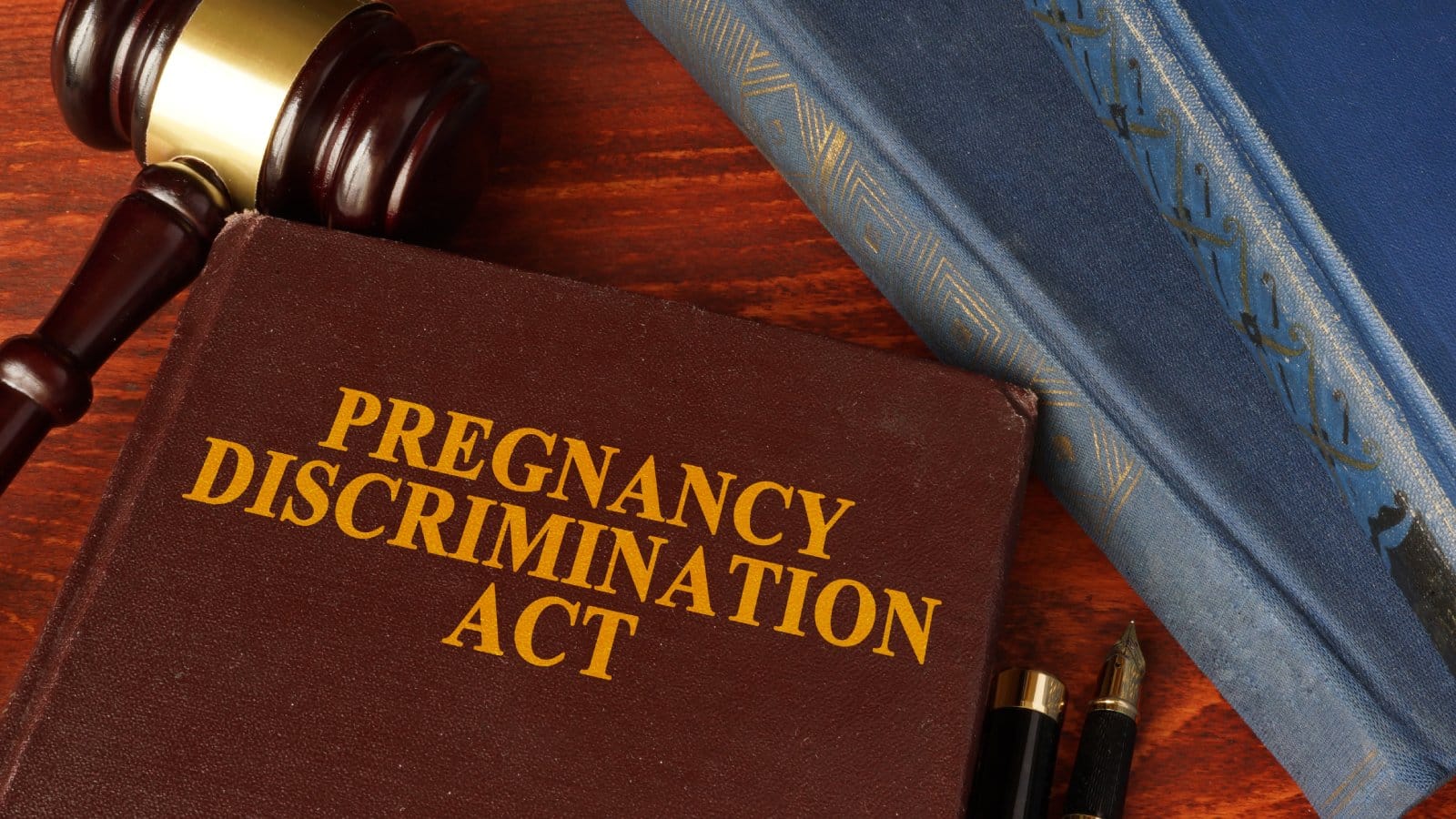The legal landscape surrounding women’s rights has evolved significantly over time, with landmark cases and legislation shaping the course of gender equality. Here are seven pivotal moments that have profoundly impacted women’s rights in various aspects of life.
1. Roe v. Wade (1973)

In this landmark Supreme Court case, the decision to legalize abortion nationwide affirmed a woman’s right to choose, marking a significant victory for reproductive rights and bodily autonomy.
2. Title IX of the Education Amendments (1972)

Title IX prohibits sex discrimination in educational institutions receiving federal funding, leading to increased opportunities for women and girls in athletics, academics, and other areas of education, promoting gender equality in schools and universities.
3. Equal Pay Act (1963) and Lilly Ledbetter Fair Pay Act (2009)

The Equal Pay Act aimed to eliminate wage disparities based on gender, while the Lilly Ledbetter Fair Pay Act extended the statute of limitations for filing pay discrimination claims, addressing barriers to pursuing equal pay in the workplace and promoting wage equality.
4. United States v. Virginia (1996)

In this landmark case, the Supreme Court ruled that the Virginia Military Institute’s male-only admission policy violated the Equal Protection Clause of the Fourteenth Amendment, setting a precedent for gender equality in education and dismantling institutional barriers to women’s access to military education.
5. Obergefell v. Hodges (2015)

The Supreme Court’s decision in Obergefell v. Hodges legalized same-sex marriage nationwide, extending marriage equality to LGBTQ+ couples and advancing the rights of women in same-sex partnerships and families.
6. Pregnancy Discrimination Act (1978)

This legislation amended Title VII of the Civil Rights Act to prohibit discrimination on the basis of pregnancy, childbirth, or related medical conditions, protecting women from workplace discrimination and ensuring equal employment opportunities during and after pregnancy.
7. Violence Against Women Act (1994)

The Violence Against Women Act (VAWA) was enacted to address domestic violence, dating violence, sexual assault, and stalking, providing resources and support for survivors while promoting prevention efforts and holding perpetrators accountable, thus advancing women’s rights to safety and justice.
Through these legal landmarks, the fight for women’s rights has been strengthened, paving the way for greater equality, opportunity, and justice for women in the United States.
The post 7 Key Milestones Shaping Women’s Rights in America first appeared on Pulse of Pride.
Featured Image Credit: Shutterstock / Heidi Besen.
For transparency, this content was partly developed with AI assistance and carefully curated by an experienced editor to be informative and ensure accuracy.

